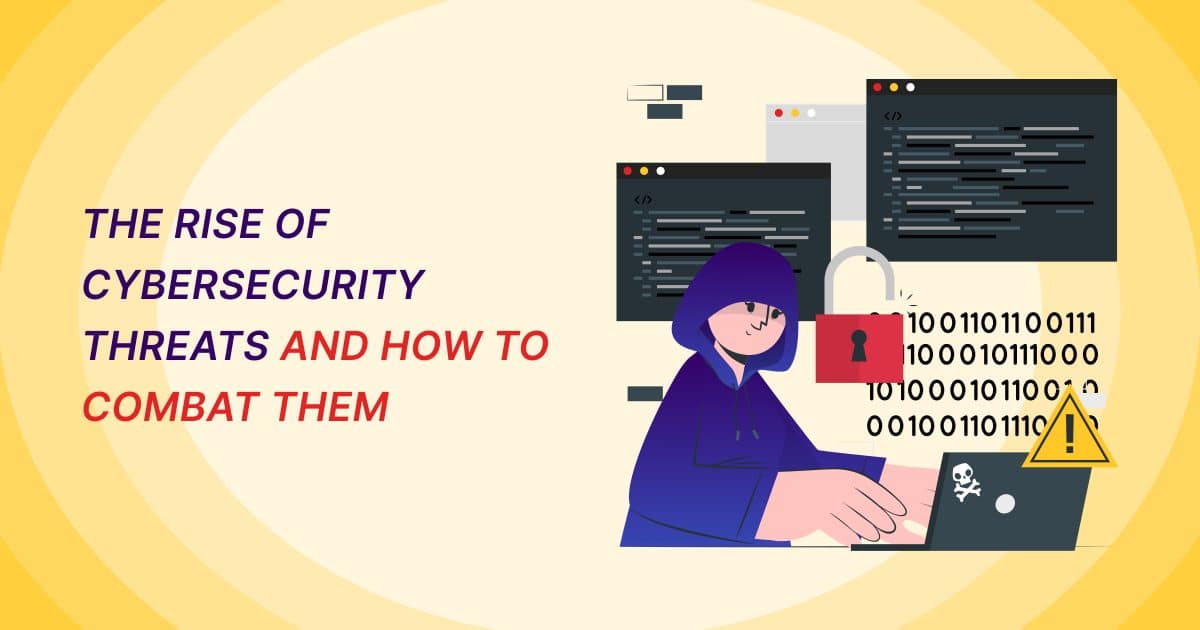In today’s digital age, cybersecurity threats are a constant concern for large, complex organizations. The most effective strategy to mitigate the risks of cyber attacks is to establish a comprehensive and robust cybersecurity framework.
This framework should include regular risk assessments, threat modeling exercises, and vulnerability scans to identify potential vulnerabilities in an organization’s systems and infrastructure.
Companies must implement strong access controls, including multi-factor authentication and role-based permissions for employees and vendors.
Furthermore, training programs that educate stakeholders about best practices related to password management, phishing scams, and other common attack vectors are critical components of any successful cybersecurity program, Robin of KodeKloud added.
As the world becomes increasingly connected, the threat of cybersecurity breaches is on the rise. Cybercriminals are finding new and innovative ways to exploit vulnerabilities in systems and steal sensitive data.
In this article, we’ll explore how cybersecurity threats are rising and what businesses and individuals can do to counter them.
The rise of cyber attacks
Cybersecurity threats have been on the rise in recent years. From ransomware attacks to phishing scams, cybercriminals are finding new ways to exploit vulnerabilities in systems and steal sensitive data. These attacks can be devastating for businesses, leading to lost revenue, damaged reputation, and legal consequences.
It’s important for businesses to take proactive measures to protect themselves against these threats, Austin of Perfect Steel Solutions added.
The human factor
One of the biggest cybersecurity vulnerabilities is the human factor. Employees can inadvertently open the door to cyber attacks by falling for phishing scams, using weak passwords, or failing to update software.
Businesses should prioritize employee education and training to ensure that all staff members are aware of the risks and understand how to protect sensitive data. This can include regular security training sessions, phishing simulations, and password policies.
The importance of data encryption
Data encryption is a key component of cybersecurity. By encrypting sensitive data, businesses can protect it from unauthorized access and theft. Encryption can be used for data at rest (stored data) and data in transit (data being transmitted over networks).
It’s important for businesses to choose strong encryption methods and ensure that encryption keys are kept secure.
The role of cybersecurity professionals
As cybersecurity threats continue to evolve, businesses need to have skilled professionals on their side. Cybersecurity professionals can help identify vulnerabilities in systems, implement security measures, and respond to cyber attacks.
Businesses should consider hiring a dedicated cybersecurity team or working with a third-party provider to ensure that they have the expertise needed to protect against cyber threats, Vaibhav Kakkar of Digital Web Solutions added.
The importance of regular updates and backups
Regular updates and backups are essential for protecting against cyber threats. Software updates often include security patches that address vulnerabilities in systems. Backups can help ensure that sensitive data is not lost in the event of a cyber attack.
Businesses should have a plan in place for regular updates and backups and should ensure that all employees are aware of the importance of these measures.
Conclusion
In conclusion, cybersecurity threats are on the rise, and businesses and individuals need to take proactive measures to protect against them. By prioritizing employee education, data encryption, and regular updates and backups, businesses can reduce their risk of cyber attacks.
Working with cybersecurity professionals can also provide valuable expertise and support in the fight against cybercrime. By taking these steps, businesses can protect sensitive data, maintain their reputation, and safeguard against financial losses.


